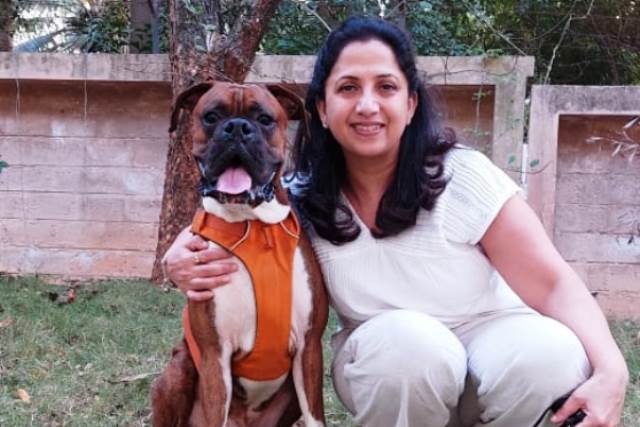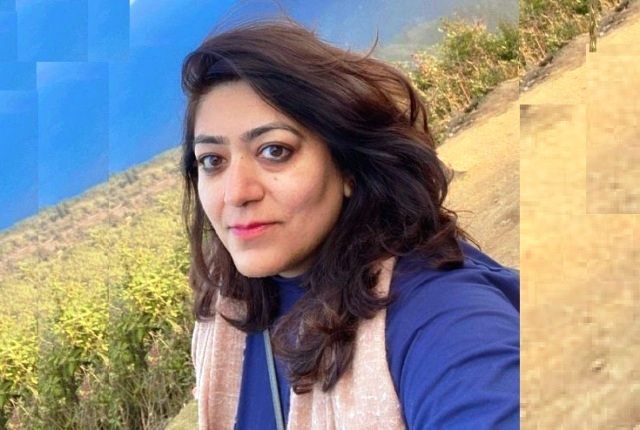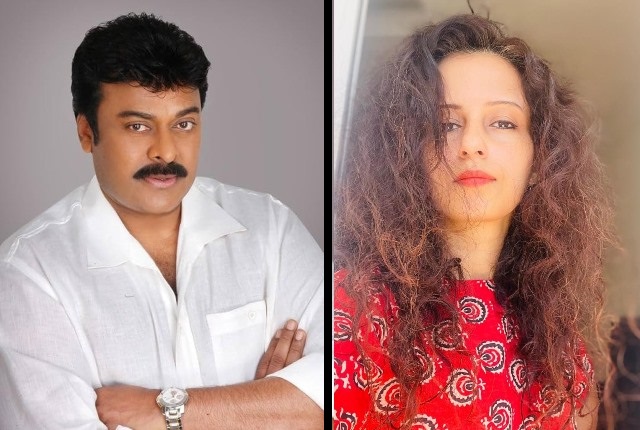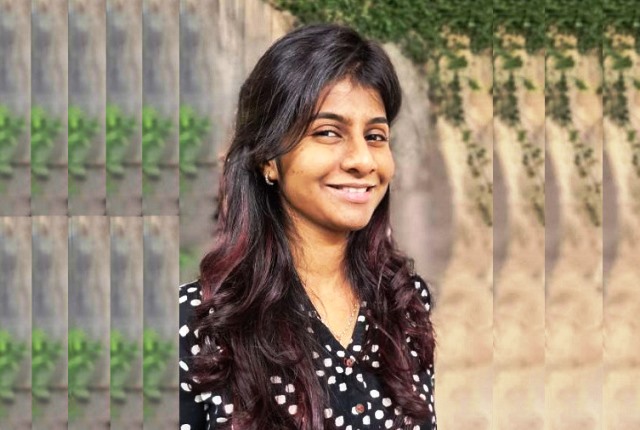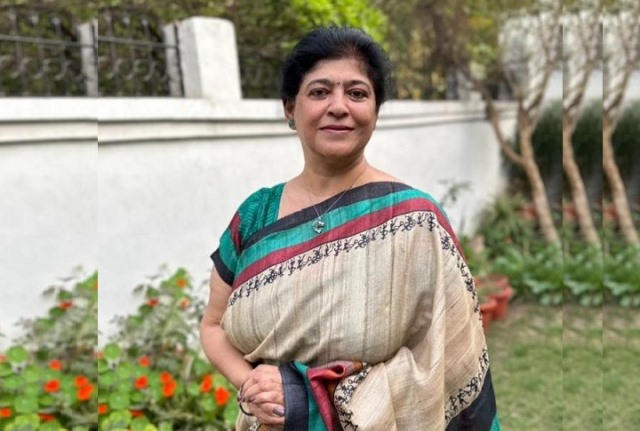Bengaluru-based Aparna Tummalapalli says public gaze on Mahua Moita’s personal life shows how deeply patriarchy and moral policing are embedded in society. Her views:
Trinamool party MP Mahua Moitra has recently been the victim of vicious online trolling regarding her recent nuptials to Pinaki Misra of the BJD party. Several individuals have targeted her for choosing to remarry at a later stage in her life and have even been raising questions about her promiscuous attitudes. What do these online comments say about the mindset of our modern-day society? Is it the long-lasting impact of an established patriarchy, a cultural attitude itself that grant legitimacy to these comments?
To my mind this is a clash of patriarchy and modern-day feminist values. With the advent of modern-day feminism, it is much more acceptable for women to remarry or even have their first marriage later in life. However, India has been slow to adopt these values and has been resistant towards the 21st century liberal ideologies. We often see a clash between the two opposing systems, leading to women being victims of it.
Most individuals are disconcerted and are wary of losing their position of privilege in society as a result of the patriarchy. Hence as a result, project openly sexist behaviours in an attempt to suppress feminism and retain their position of power.
Remarrying in Indian culture: In Indian culture, women are judged based on their ‘purity’, It is often a make-or-break criterion when it comes to arranged marriages, in Indian culture women who are open to exploring their sexuality are often looked down upon or seen as loose. Moreover, marriage is viewed as an extremely sanctimonious institution, and choosing to remarry can be seen as a deliberate violation of that sanctity.
ALSO READ: ‘Chiranjeevi’s Comments Reflect Deep-Rooted Misogyny’
Most individuals would assume that the majority of the online trolls are men. However a quick inspection show a different story. In equal parts, men and women are trolling and subjecting her to sexist remarks. What does this say about women in India and their approach to feminism? Why is it that they are not standing up for a fellow woman who is being subjected to blatant chauvinism?
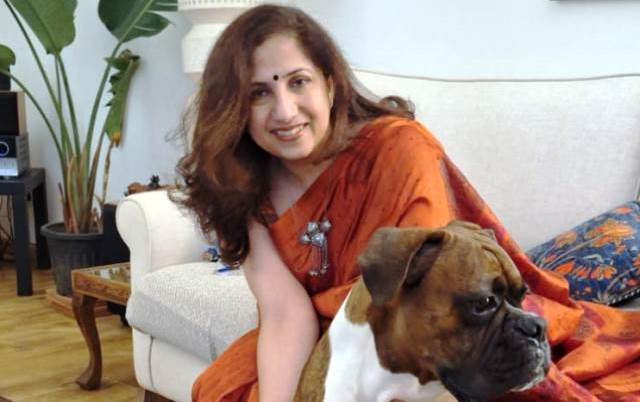
Misogyny is so ingrained in our society, that even women don’t spare their kin. Feminism is seen as an aggressive, uncompromising and, at times, illogical system of belief that portrays all men in a negative light.
However, this couldn’t be farther from the truth, real feminism is all about equally uplifting all sections in society and working in tandem to achieve unity, the small pockets of neo-feminism and tone-deaf opinions of extremist feminist figures are not to be taken as representation of an entire ideology.
Another vice in today’s age is ageism; people believe that our lives must follow a defined path that is dictated by age restrictions and social norms. Most people have a misplaced belief that at an older age one must have their entire life sorted, and must be “settled down” in order to ease through the final stages of life. However every individual is different, and every individual approaches their life differently, as a society we must accept that regardless of age people are free to make choices that satisfy them, be it following their passion or even pursuing marriage. These attacks also expose the deeper cultural fabric of society, as a culture that is extremely rigid in its ways.
The attacks against Moitra shows a reflection of a society that is still seeped in sexism, atheism and a rigidity to accept new age values. If women in power and influence are subject to such vitriol, then it is safe to hazard a guess about what common women are subject to. It’s perhaps a patriarchal tendency to keep women as muted, restrained and asexual.
The ascetic woman is what society wants!
Public performance of virtue, honour is what even the independent woman is expected to stand by.
As told to Mamta Sharma
